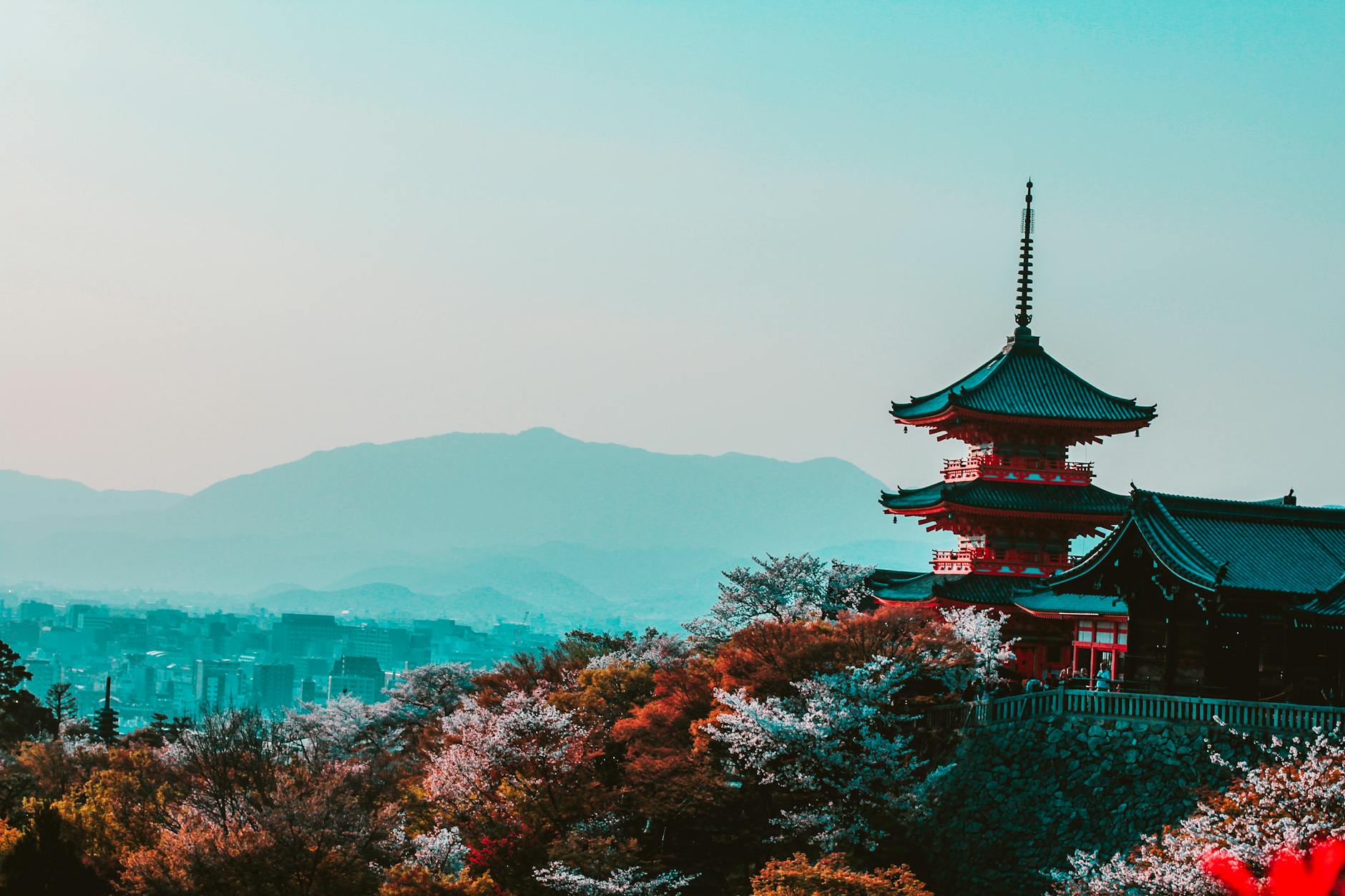Renting in Japan 🗾 as a foreigner is harder than I expected. I had the money, a stable income, and some Japanese skills, but I still got rejected multiple times. Here’s why.
The Guarantor Problem
Most landlords require a guarantor (保証人) [Hoshōnin]—a Japanese person or company that takes responsibility if you don’t pay rent. If you don’t have one, you need a guarantor company, but many reject foreign applicants outright. Some landlords also just prefer Japanese tenants.
Endless Paperwork
Even if you get approved, you need:
• A Japanese phone number
• A Japanese bank account
• An emergency contact in Japan
• Employment records and even a letter explaining why you want to live there
• A valid residency card (在留カード) [Zairyū Kādo]
The High Upfront Costs
Renting isn’t just about paying rent. Upfront fees include:
• Key money (礼金) – A non-refundable gift to the landlord (1-2 months’ rent)
• Deposit (敷金) – 1-2 months’ rent
• Agency and guarantor fees – Up to another month’s rent
The Outcome? I Gave Up
After multiple rejections and realizing I’d need 4-6 months’ rent upfront, I tried to go through UR1 (a government housing agency) after reading Reddit, but it still didn’t work out. There are some e.g. Airbnb accommodations around but not enough, imo.
I eventually switched to foreigner-friendly housing like Oakhouse 🌲2. More expensive, but much easier.
Lessons Learned
- Expect rejections—it’s not personal.
- Prepare for huge upfront costs.
- Consider foreigner-friendly rentals.
Renting in Japan isn’t impossible, but it’s definitely a challenge.

